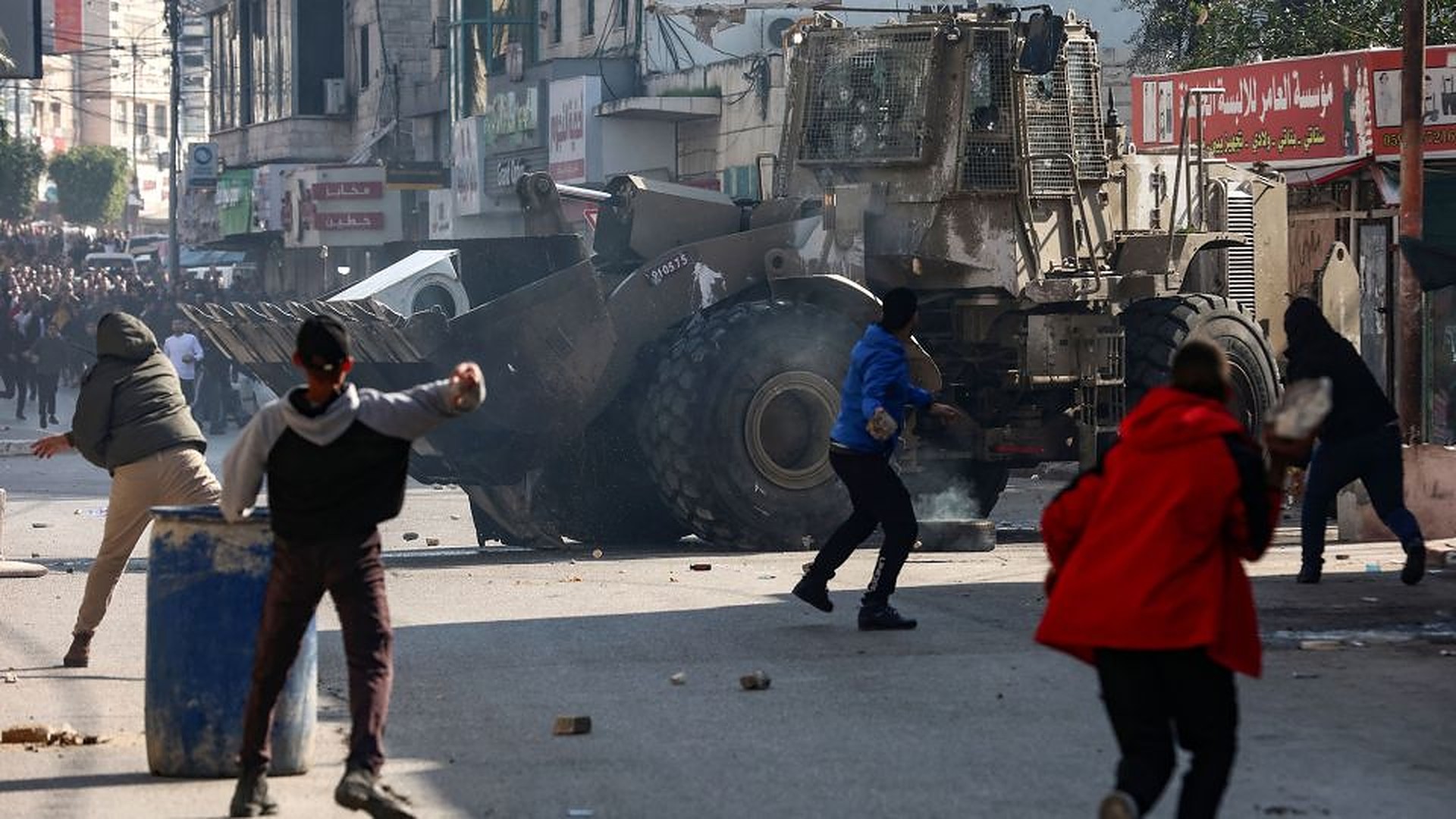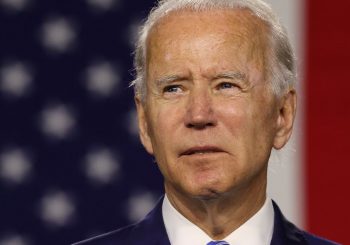Renewed violence has flared up between Palestine and Israel over the past few days, which has been regarded as the deadliest in years by the UN, causing multiple deaths and injuries.
Though the United Nations has previously marked 2022 as one of the deadliest years in Israel-Palestine conflict in recent history, violence has intensified once again after a cascade of events.
Nine Palestinians were killed by Israeli forces in the West Bank city of Jenin on Thursday, 26 January, the Palestinian Ministry of Health said, causing the Palestinian Authority to stop coordinating with Israel on security matters. According to data from the Palestinian Ministry of Health, this puts the total number of Palestinians killed by Israeli troops in the first month of 2023 to 30.
A day after the raid, a Palestinian shooter near a synagogue outside of Jerusalem killed seven people and injured three more.
These events come against the backdrop of the visit by Itamar Ben-Gvir, Israel’s new Minister of National Security, to the holy sites in Jerusalem on 3 January. The visit has been criticised by Egypt, Jordan, Saudi Arabia, Qatar, Turkey, and Bahrain, with the majority of them labelling it “provocative.”
CIA director Bill Burns, arrived in Tel Aviv on Thursday, 26 January, to meet with with his counterparts from both sides — Israeli and Palestinian — as well as other officials. Analysts have noted that these visits have intensified the conflict, coupled with heightened tensions since an extreme-right Israeli government took power earlier this month.
But what do we know about the conflict so far?
What sparked the increase in violence?
Last Monday, 23 January, leading Israeli officials threatened to forcibly evict at least 180 Palestinians living in the Bedouin town of Khan al-Ahmar on the eastern outskirts of Jerusalem. In response, dozens of Palestinians protested against these threats.
Palestinian activists such as Khairy Hanoun, who was at the protest at Khan al-Ahmar, told Al Jazeera: “We came here to challenge Ben-Gvir’s decision and the decisions of all of the right-wing government.”
Ben-Gvir declared that the forcible removal of the community would proceed, and plans for a visit to the location by far-right ministers like Ben-Gvir and Finance Minister Bezalel Smotrich emerged.
The Israeli government claims that the town was “constructed without a permit,” but officials make building permits difficult to obtain for Palestinians in the lands referred to as Area C, which make up more than 60 percent of the occupied West Bank and include East Jerusalem.
Why are Jenin and Nablus targeted in particular?
In September of 2021, a rebel resistance group formed, naming itself the “Jenin Brigades,” in response to Israel’s plan for forced displacement of Palestinian families. Other resistance groups also emerged since then, including the Nablus Brigades, the Lions’ Den, the Balata Brigades and, most recently in Jenin, the Yabad Brigades.
By late 2021, these resistance groups declared the Palestinian Authority’s security forces unwelcome in the Jenin refugee camp and the Old City of Nablus. The Palestinian Authority’s security forces have been losing control over these areas over time due to its security coordination with Israel.
Israeli forces carried out a raid in the Jenin Refugee Camp in the north of the occupied West Bank on the morning of Thursday, 26 January. At least nine Palestinians, including one elderly woman and two children, were killed by Israeli forces.
The raids are a part of a campaign Israel calls “Break the Wave” in which it targets fighters associated with armed organisations by conducting mass arrests and executions in locations like the two northern occupied West Bank cities.
The campaign aims to quell the shift towards a Palestinian armed resistance that has formed in Jenin and Nablus following a large-scale popular outburst of Palestinian resistance in May 2021.
Jerusalem Synagogue Shooting
On Friday, 27 January – a day following the raid in Jenin, the deadliest Israeli raid in years on the West Bank – a Palestinian gunman killed seven people and wounded three others near a synagogue on the outskirts of Jerusalem.
According to a statement from Israeli police, the shooter was a 21-year-old Palestinian living in East Jerusalem who appears to have carried out the shooting alone.
The action was lauded as “a response to the crime performed by the occupation in Jenin and a natural response to the occupation’s criminal deeds,” by a spokesman for the Islamist movement Hamas.
The Egyptian Foreign Ministry underlined its rejection of “any attacks that harm civilians” in a statement and emphasised its denunciation of the attack.
After the synagogue shooting attack, U.S. President Joe Biden told his national security team to help their Israeli counterparts, according to the White House.
Prime Minister Benjamin Netanyahu also announced that the cabinet would meet on Saturday following the attack.
What Now?
The new far-right Israeli government of Prime Minister Benjamin Netanyahu has given important roles to Israeli members of the far-right, including Finance Minister Bezalel Smotrich, who is now in charge of administrating the West Bank. Smotrich has previously openly encouraged violence against Palestinians and supports the full annexation of the West Bank.
Experts have expressed that the new government will move Israel’s policies farther to the right, leading to policies of Jewish supremacy and anti-Palestinian.
In early January, for example, Ben Gvir issued a new directive directing police to strictly enforce the ban on flying Palestinian flags in public places.
There seems to be no signs of resolution or descalation of the conflict, as armed Palestinian resistance groups have been expanding in Palestinian territories. There are already fears by experts that these tensions may boil over into a third Intifada, as Israeli officials have stepped up their operations.







Comments (5)
[…] comments come in light of a series of violent incidents in Palestine. Nine Palestinians were killed by Israeli forces in the West Bank city of Jenin on 26 […]
[…] comments come in light of a series of violent incidents in Palestine. Nine Palestinians were killed by Israeli forces in the West Bank city of Jenin on 26 […]